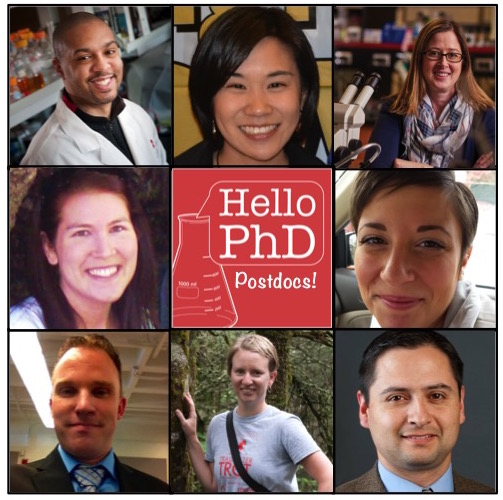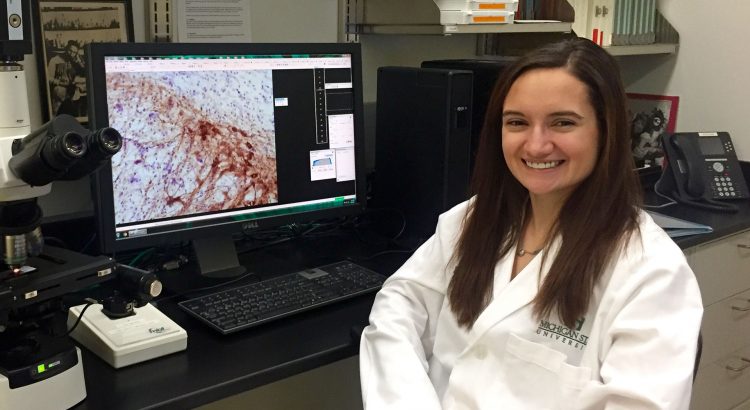Podcast: Play in new window | Download
Subscribe: Spotify | Email | TuneIn |
Is your lab is filled with compassionate, positive individuals who offer nurturing support and gentle guidance to help you achieve your full potential as a scientist?
We didn’t think so.
While you may encounter a handful of Positive Pollyannas throughout your career, you’re also likely to run into a few Negative Nancys. Rather than encouraging you to keep trying when an experiment fails, they’ll take every opportunity to throw shade on your emerging research project.
Everyone’s A Critic
This week, we heard from Amygdala (not her real name…), who was getting nothing but discouragement from one of the postdocs in her lab. She writes:
There is a postdoc in my lab who is tangentially involved in the project that I’m working on. This postdoc has extremely negative views regarding the project. This negative view spans from the amount of time it takes to train animals on this task to the variable results that we get with each animal, etc. While I agree about some points that this postdoc is making and that there is always room from improvement, it’s hard for me to not get down about this project. I’m the one directly training the animals and obtaining the results. Given that training animals takes 6 days a week and at least four hours each day, I’m trying to remain positive and not think that I’ve wasted all of this time. My PI and the postdoc whose project this is remain positive and encouraging. However, the tangentially-involved postdoc is someone who I interact more frequently with.
This is a very long-winded way of asking: How does one remain positive regarding their own project while still showing respect to other people’s views regarding the project? And is it appropriate for people to comment negatively on other people’s projects?
We address her concerns and offer some (hopefully) helpful advice for dealing with negativity from your lab mates.
Cloudy Waters
For Science in the News, Josh celebrates Healthy and Safe Swimming Week with a story about Cryptosporidium in pool water. It’s a serious water-borne illness that you can prevent by not drinking where you swim.
Or you can get YOUR test strips today!
We also try an unfiltered sour beer from Sierra Nevada. It’s the Otra Vez Gose-Style Ale brewed with cactus and grapefruit.
Since the trendy flavors have shifted from intensely bitter IPAs to intensely sour Goses, we predict the next big hit will be beers that taste like cigarette butts and cat urine!
And soon after that, the hipsters will complain about those flavors being ‘mainstream.’ Sigh…





